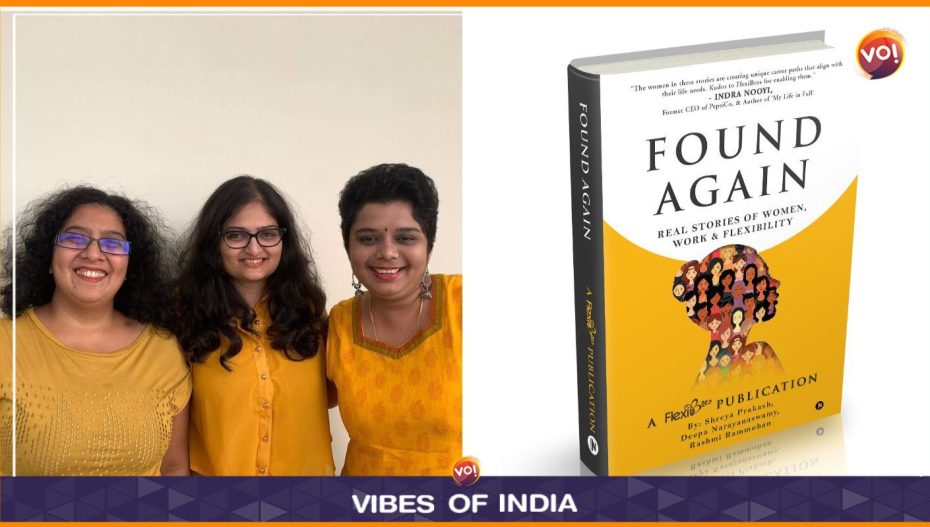The company matches client requirements with its pool of over 50,000 women giving the latter opportunities to work part-time and remotely
How do you give a large, talented and experienced pool of women who take a break from work, usually to raise children, opportunities to re-enter the workforce in a flexible mode?
It is to address this issue that FlexiBees was set up in 2017 by three batchmates who passed out of the Indian Institute of Management, Bangalore in 2008 – Deepa Narayanaswamy, Shreya Prakash and Rashmi Rammohan.

FlexiBees, an all-woman company, normalises flexibility in work that includes flexi-time, part-time, remote-working, and other kinds of non-traditional arrangements. The benefits of flexible work arrangements are numerous, including improved work-life balance, increased employee productivity and satisfaction, and reduced absenteeism and attrition rates, believes the FlexiBees team.
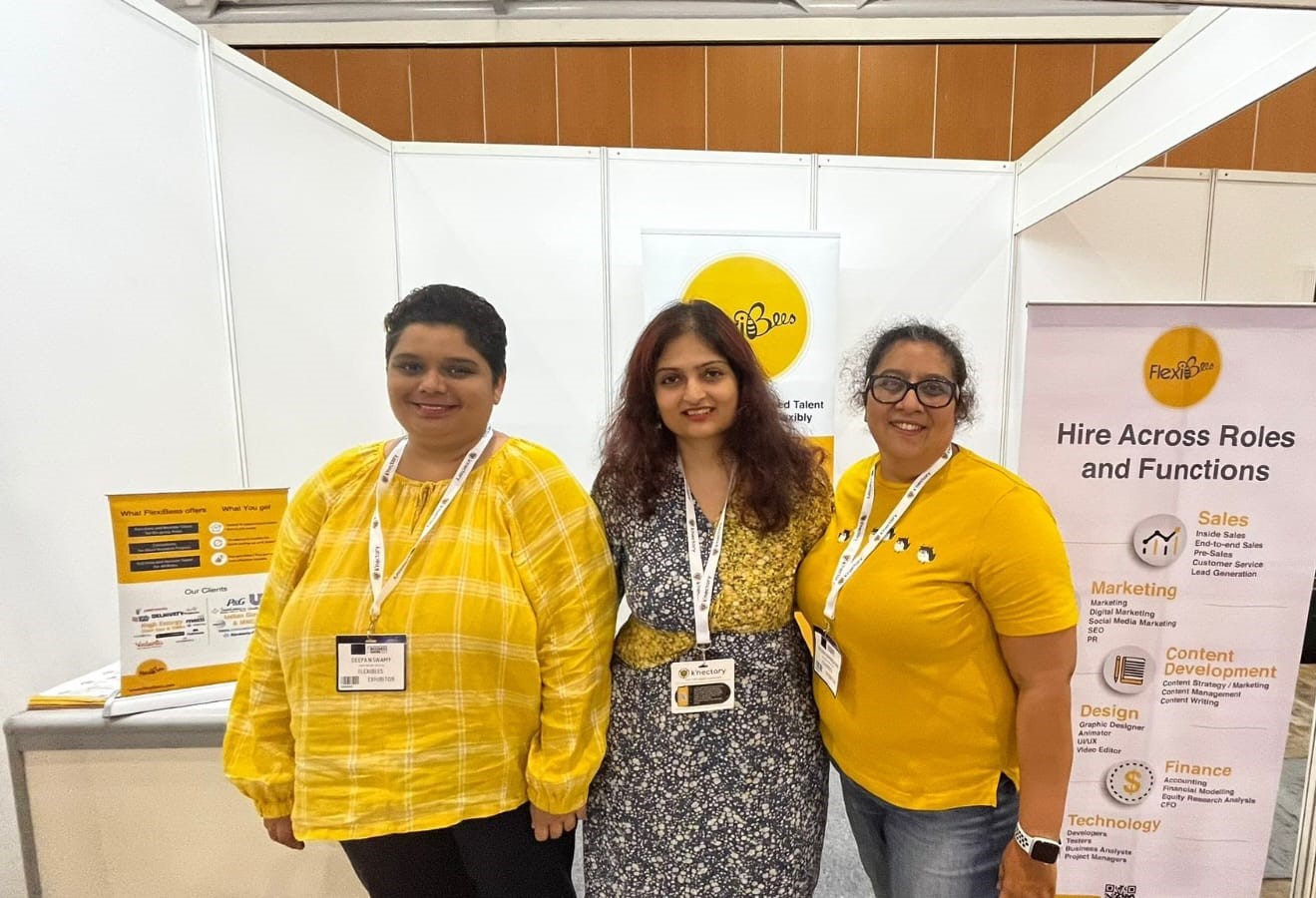
A 2018 study titled ‘Predicament of Returning Mothers’ has found that after becoming mothers, only 27 per cent of Indian women advance in their careers and continue to be part of the workforce. Of the women who return to employment, a meagre 16 per cent advance to hold senior leadership positions.
“I found it very difficult to return to full-time work after a break though I was well qualified and had worked in top-ranked companies. There were no flexible roles to match my experience. The three of us got talking and we realised that this is the case with millions of Indian women. Our company’s prime objective is to give women options to work in areas that match their experience and give flexibility. Women don’t always take a break to become caregivers. They may do so to pursue a serious hobby. Whatever pulls at the heart,” says Deepa.

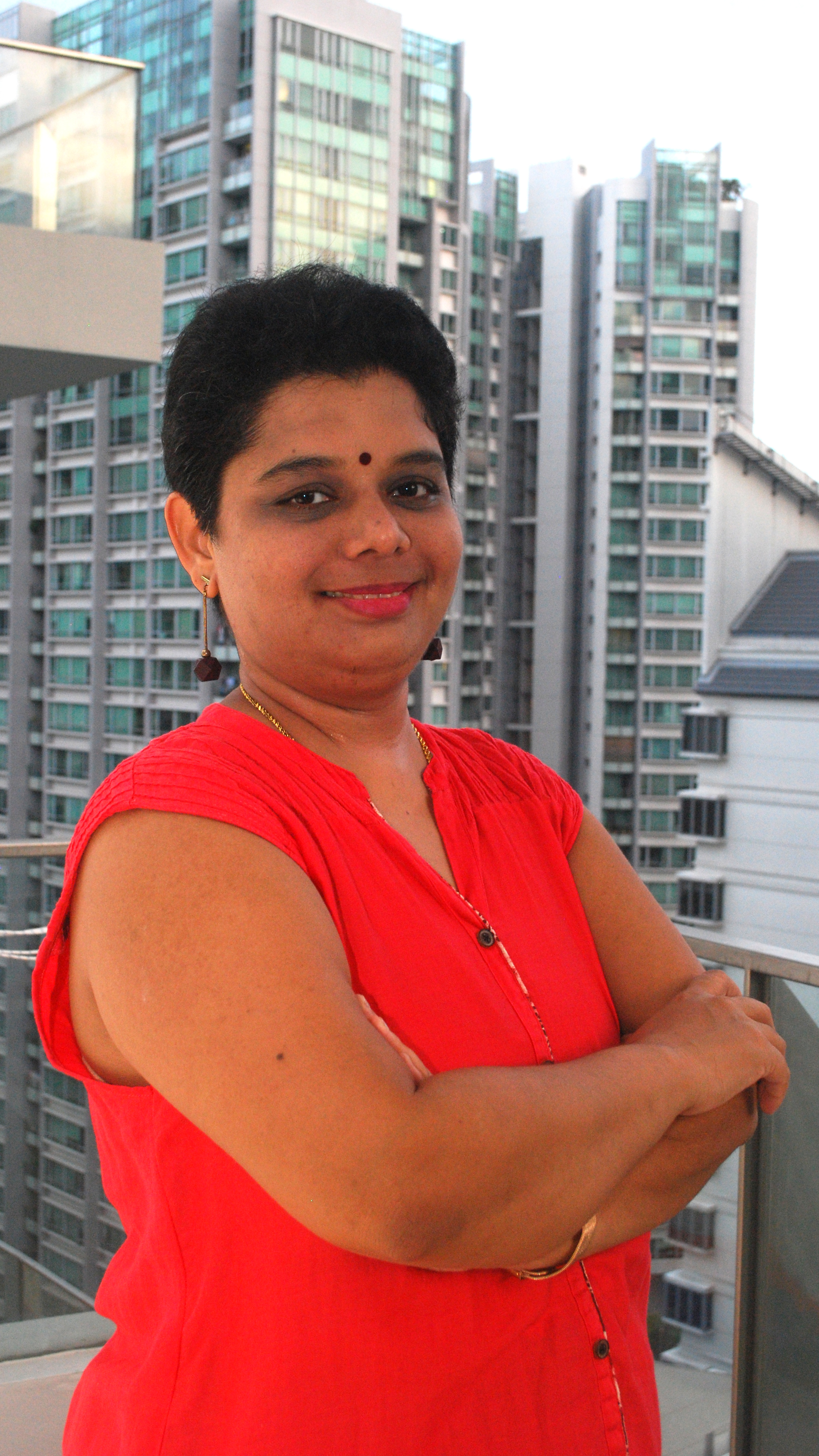
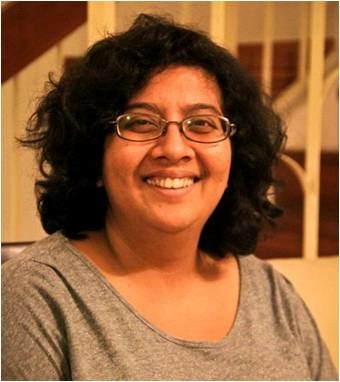
Shreya and Rashmi felt equally passionately about this issue. In fact, they quit their lucrative jobs and the trio launched FlexiBees. Incidentally, Deepa and Rashmi are based in Singapore and Shreya in Mumbai.
A receptive market
The market was receptive to their flexible model – part-time solutions, on-demand hiring, and remote working. Start-ups want talented, experienced people but, at times, cannot pay full-time market salaries, says Shreya.
The pandemic phase also benefited the company as it normalised flexible options. “Everybody understood that remote can work. Agility, leanness and remote working became a part of organisational DNA during the Covid phase and this has sustained. Remote working during the pandemic also gave people a taste of greater autonomy and its benefits. They could manage the different facets of their lives better,” she elaborates.
When women return to the workforce it is not only beneficial for individuals and families but also for companies and the economy, she stresses. “We were very clear from the beginning that we did not want to be just a ‘diversity solution’. We wanted to create tangible benefit for businesses as well. We wanted to facilitate hiring so that it was quick, easy and affordable for companies.”
Focus on Indian talent
Today, FlexiBees has 630-plus clients primarily from India, Singapore, Hong Kong, UAE, UK and US. On the supply side, the company has over 50,000 women professionals from India. The company’s focus is on the immense talent available in the country. It has placed thousands of women in the past six years. Also, 68% of the business is repeat business as clients are happy with the matches the company finds for them.
“We do not place men as we feel it is women who are in need of flexible work options today. Our clients are mostly start-ups and SMBs (small and medium businesses). We match skills of the candidates to the roles required by the clients. We have a rigorous technology-enabled vetting process. We also match for ‘flexi factors’ – how many hours the women have available to work (most women have 4 to 5 hours and want to work remotely) and whether they have a reliable support system at home so that they will not be disturbed during work hours,” explains Rashmi.
Diverse roles
While 75% of their talent pool are post-graduates, the average work experience that the women have is 7 years. FlexiBees places women in a variety of roles – Sales, Digital Marketing, Content, Design, HR, Marketing, Finance, Technology and others. “Sales is one of our biggest verticals. So is digital, including social media. As our clients come to us seeking people for more roles, we grow with them,” says Shreya.
During their six-year journey, the trio found that skills of women who have taken a break don’t go away. In some sectors like technology, upskilling is vital. In other roles, it is important for women to remain in touch with the domain of their expertise and the industry. “As a woman prepares to get back to work – she starts networking, talks to her former boss and colleagues, attends industry events, reads about the industry, and takes up informal assignments,” explains Deepa.
The core group in FlexiBees’ pool of women professionals are mothers in the 30-45-year age group. “We start at 25 years and have no upper age limit as such. But since much of our marketing is through social media channels, the demographics of those channels play a role. We don’t deal with freshers as most of the roles require some experience,” says Rashmi.
Basic philosophy
The basic philosophy of the company is freedom and the flexibility to pursue freedom of choice, says Deepa. “Flexibility is the way to go. The way work has been so far – the 9 to 5 aspect and the need to come to a certain location – has to change. Only in certain roles do people need to commute to a particular location. Less commuting is good for employees, their families and, of course, the environment,” says Rashmi.
The trio has written a book ‘Found Again: Real Stories of Women, Work and Flexibility’ a tale of women’s empowerment and the success of women who have taken up flexible careers. The 20 women featured in the book have got back their work identities, financial independence, and confidence after taking a break from their careers.
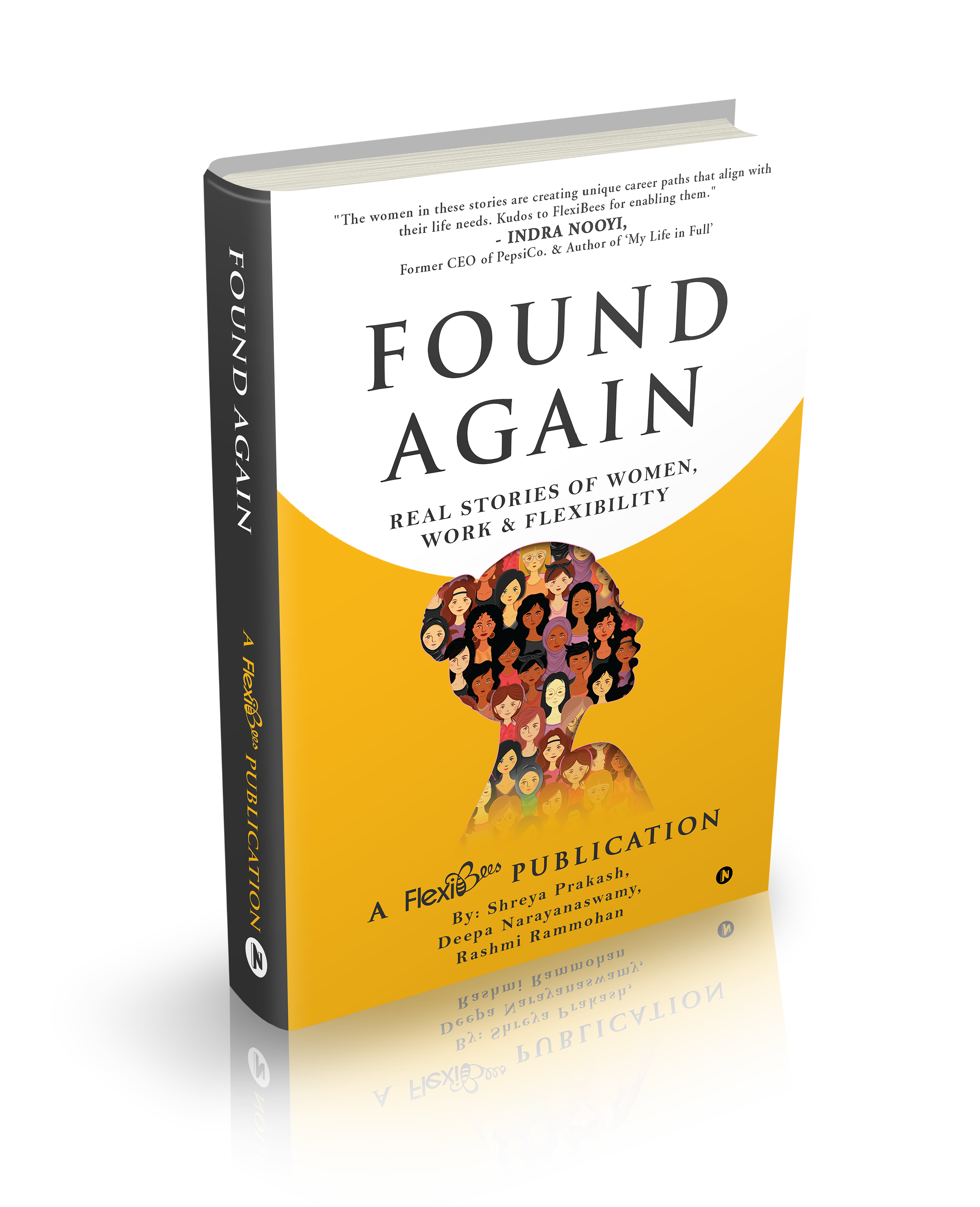
“Deciding to take a break was very easy, but going through it was quite difficult,” says Asmita, one of the 20 protagonists, describing the change motherhood and career loss bring about in a woman’s life.
Shreya sums up future plans succinctly: “The company has been growing well and we have plans to accelerate that growth. The kind of impact we want to make will happen through scale. We want to place not thousands but millions of women eventually.”
Also Read: Disaster Management: Gujarat’s Dewatering Trucks Get G20 Call In Delhi


